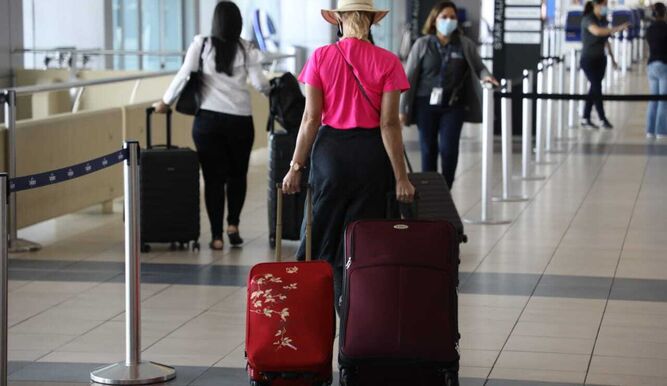Judges, citizens, want answers to delay of accusatory system

The postponement of the introduction of the accusatory legal system in Panama has created concerns across a broad swathe of citizens from lawyers and politician to supreme court judges.
Two judges have wrote asking for an urgent meeting of Supreme Court members, but received no reply,
The latest to step up to the podium is the Foundation for the Development of Civic Freedom, whose president Angelica Maytín has called for a courtesy meeting with President, Ricardo Martinelli, and President of the National Assembly, Sergio Gálvez.
She wants them both to explain the reasons why the Executive ordered the Assembly deputies to postpone the effective date of the accusatory system (SPA).
"This was a decision without consultation, and with arbitrary data that will support delaying implementation of the new prison system," said Maytín, at a press conference. "This is an injustice, because the most humble people that are in jail and they were going to prolong their agony," he said.
Maytín also denounced the "asymmetry" that exists in the country, in terms of the way how to distribute state resources. "Here there are priorities in ways that benefit the majority of people … The criminal justice system cannot be postponed," he said. , Maytín said the organization to which she belongs has a campaign called "We are citizens not customers."
Carlos Gasnell, also a member of the organization, denounced the lack of political will of the Government to implement the adversarial system. According Gasnell, the country has the necessary resources so that the system starts to develop as planned.
On Wednesday, February 27, the l National Assembly approved on second reading a bill that postpones the application of the accusatory system in the provinces of Chiriqui, Bocas del Toro, Panama, Colón, Darién, and in the regions of Guna Yala Buglé Ngäbe . The project will be discussed in the third debate on Monday, March 4.
Under the present system, people awaiting trial can remain in jail for years before their cases are heard.





